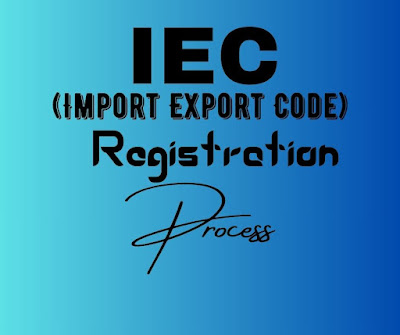Trust and society registration in India refer to the legal processes through which charitable or nonprofit organizations establish their existence and legal identity. These registrations provide recognition, legal status, and certain privileges to these organizations for carrying out their social, charitable, or philanthropic activities.
Trust Registration:
A trust is a legal arrangement where one or more individuals (trustees) hold and manage property for the benefit of one or more beneficiaries. Trusts are governed by the Indian Trusts Act, 1882. Here's an overview of trust registration:
- Formation:
A trust is created by a trust deed, which outlines the objectives, management, and administration of the trust. The trust deed is executed and registered with the relevant local authority.
- Trust Deed:
The trust deed should contain details about the trust's name, objectives, registered office address, trustees, beneficiaries, rules of operation, and other relevant information.
- Trustees:
A trust must have at least two trustees. They are responsible for managing the trust's affairs and ensuring its objectives are fulfilled.
- Registration Process:
The trust deed needs to be submitted to the local Sub-Registrar of Assurances or the office of the Charity Commissioner, depending on the state.
- Tax Exemptions:
Once registered, a charitable trust can apply for tax exemptions under Sections 12A and 80G of the Income Tax Act, making donations to the trust eligible for tax deductions.
Society Registration:
A society is an association of individuals formed for a common purpose, such as education, culture, charity, etc. Societies are governed by the Societies Registration Act, 1860. Here's an overview of society registration:
- Formation:
A society is created by drafting and adopting a memorandum of association and rules and regulations. These documents define the objectives, membership criteria, management structure, and other aspects of the society.
- Memorandum of Association:
The memorandum should contain details about the society's name, objectives, registered office address, governing body, and other relevant information.
- Registration Process:
The memorandum and rules and regulations are submitted to the relevant state authority (Registrar of Societies) for registration.
- Governing Body:
Societies have a governing body (usually a committee) responsible for managing the affairs of the society and achieving its objectives.
- Tax Exemptions:
Registered societies can also apply for tax exemptions under Sections 12A and 80G of the Income Tax Act.
Both trusts and societies provide legal structures for charitable and nonprofit activities. The choice between trust and society registration depends on the specific objectives and nature of the organization. It's advisable to seek legal advice and follow the specific procedures outlined by the relevant authorities in the state where registration is sought.












